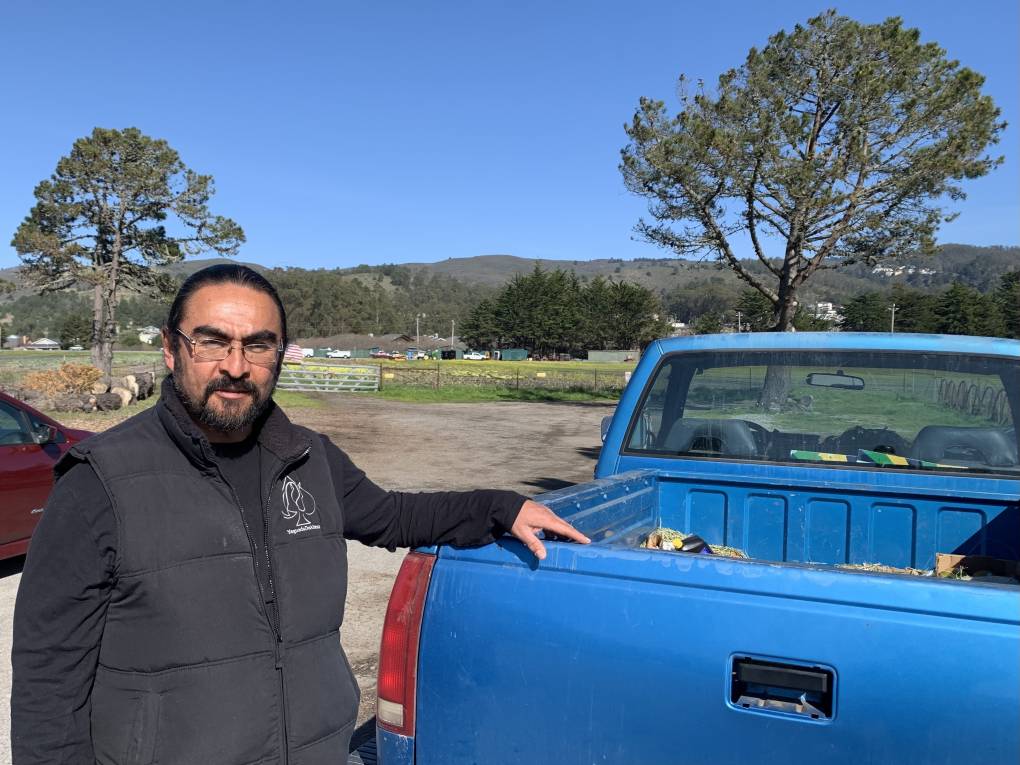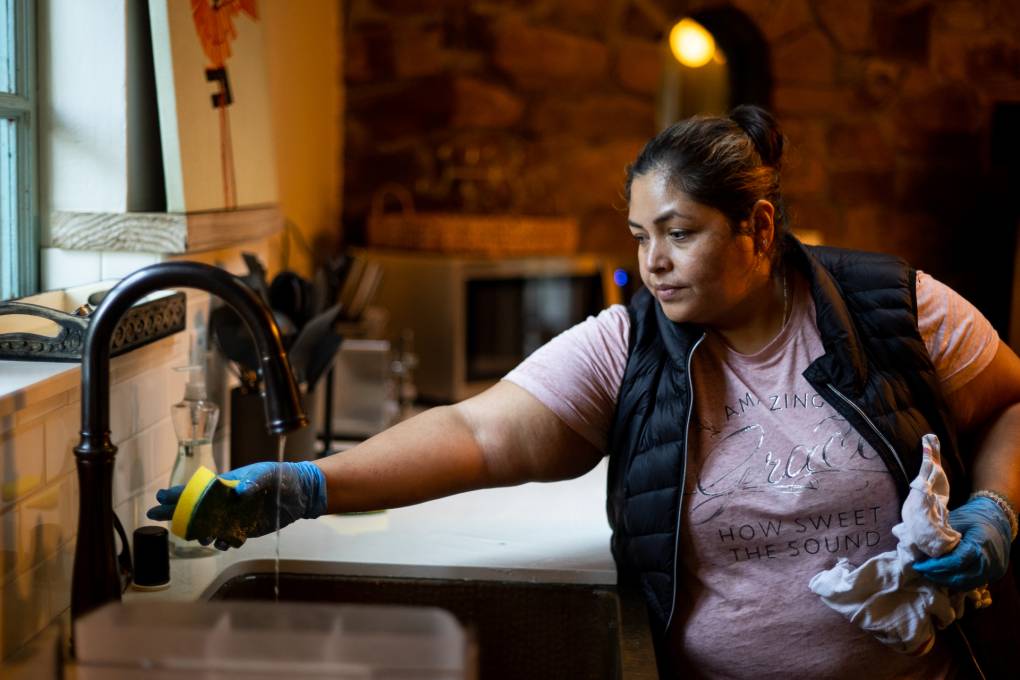In California’s agricultural industry, the most productive in the nation (PDF) with about $50 billion in annual revenue, almost 85% of crop workers were born in Mexico. Roughly half don’t have legal authorization to work, according to estimates by the U.S. Department of Labor. As migration flows from Mexico slowed down in the mid-2000s, the age distribution of California agricultural workers shifted, with farmworkers age 55 to 64 increasing by 64% over the last decade, the UC Merced analysis found.
An aging workforce has left agricultural employers grappling with a shortage of labor for years, especially in areas like the state’s Central Coast, where strawberries, lettuce and other top crops are not harvested mechanically, said Norm Groot, executive director at the Monterey County Farm Bureau.
“We are not replacing those who are aging out of the workforce with new immigrant labor. Nor are we seeing that the children of the current farmworkers are interested in working in the fields,” said Groot. “So we are rapidly coming to a tipping point where we are not going to have enough labor supply on hand to harvest our crops.”
‘I still feel like I have the strength to do this work’
One older farmworker who continues to see demand for his services is Asuncion Ponce, who lives in Fresno. The 77-year-old said he still wakes up at 4:30 to calmly drink his coffee and get a ride to seasonal jobs pruning orchard trees or harvesting nectarines, peaches and pears in the San Joaquin Valley.
“I still feel like I have the strength to do this work,” said Ponce proudly, in Spanish. “In Mexico, I was a farmworker and here I’m still doing the same.”
The naturalized U.S. citizen said he worries that the Social Security benefits he’s eligible for won’t cover all of his expenses once he retires. But he acknowledges he’s less physically able to climb ladders up fruit trees or carry heavy crates all day. He’s considering quitting work in two or three years.
Ponce arrived undocumented from Mexico in the early 1980s, but was able to benefit from the Reagan-era amnesty and obtain a green card, allowing him to work legally in the U.S.
A long-time member of United Farm Workers, Ponce continues to attend marches and rallies supporting legislation that could aid workers who migrated to the U.S. in the years after him, such as the Farm Workforce Modernization Act (PDF). That said, immigration policy experts say a new path to legalization for immigrants is unlikely to pass in the Republican-controlled U.S. House of Representatives.
“It’s just really unfortunate, because older farmworkers who are undocumented and at retirement age or very close, they can’t afford to wait,” said Antonio De Loera-Brust, communications director for the United Farm Workers. “The clock is really ticking.”




